Park Row (1952)
“All I can tell you is her name is Charity — of which she has none.”
|
Synopsis: |
|
Genres, Themes, Actors, and Directors:
Review: … the disappointing storyline is (perhaps intentionally) as melodramatic as can be, with Welch’s black-clad villainness a caricature rather than a reasonably nuanced antagonist. To his credit, Fuller makes excellent use of a small budget as he demonstrates his love of this fast-paced world, showcasing the emergence of relevant technologies that shifted the landscape from laborious hand-set type to Mergenthaler’s linotype machine: However, this isn’t quite enough to keep us fully invested, especially with Welch hissing her way onto the screen far too often. While Fuller fans won’t want to miss this self-proclaimed personal favorite, it’s not must-see viewing for all film fanatics. Notable Performances, Qualities, and Moments: Must See? Links: |
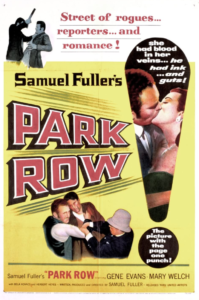
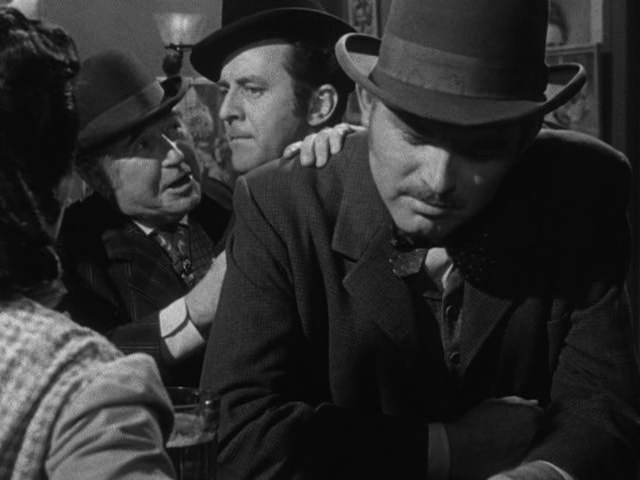

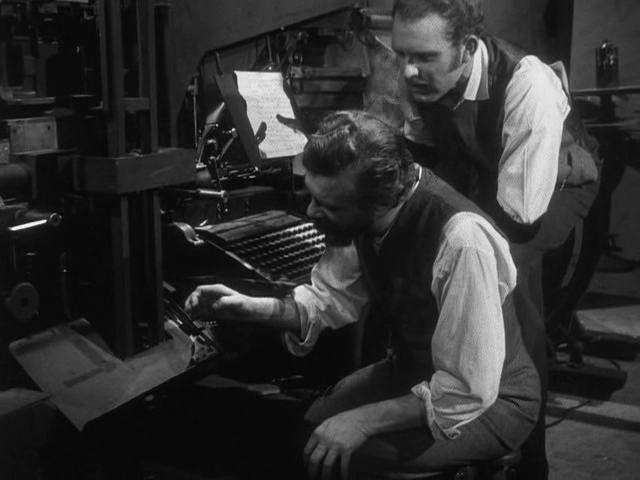
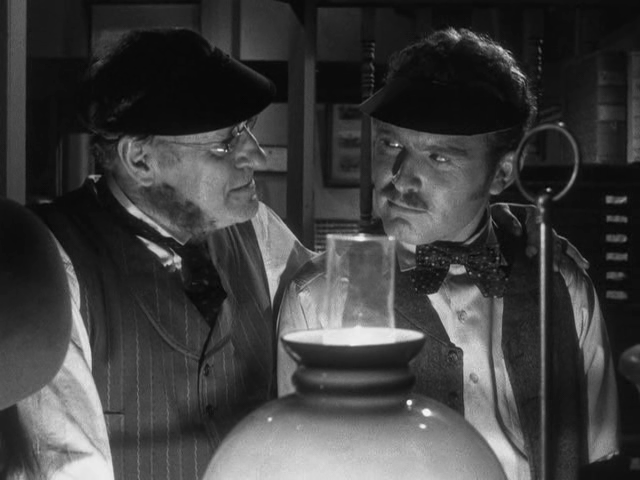
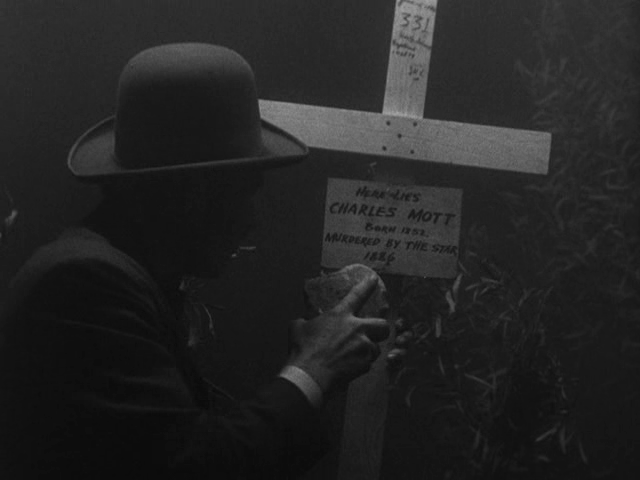
3 thoughts on “Park Row (1952)”
A once-must, as a good show. As per my 11/6/20 post in ‘The ’40s-’50s in Film’ (fb):
“All that I can tell you about him is… every era produces one great newspaper.”
‘Park Row’ (1952): Written, directed, produced and financed by Samuel Fuller, ‘PR’ is now (alas) a little-seen / known flick… which was Fuller’s favorite of all of his films. (It might be mine, too.) Set in 1886, its title refers to the Manhattan street that housed most of New York’s city newspapers. ‘PR’ tells the story of a reporter (Gene Evans, who is quite good) with a dream: to be editor of his own, progressive paper.
Serendipity steps in; Evans finds a committed backer… and the plot soon revolves around a contentious rivalry that quickly springs up between Evans’ paper – The Globe’ – and ‘The Star’, less ethical (of course) and operated by its ruthless publisher (Mary Welch, appropriately cunning and ultimately lethal).
‘PR’ plays out like something written by Aaron Sorkin in his ‘West Wing’ mode. At a mere 83 minutes, it pretty much flies like the proverbial bat-out-of-hell, with a series of highly charged, beautifully detailed incidents which – seen today – are as relevant (and as similar) as the battle between the [R]s and the [D]s. It’s a FINE, satisfying film!
I wanted to like this so much more, knowing it was among Fuller’s favorites and that so much of his own passion for the craft was obviously put into it.
But, alas, Welch was a dealbreaker for me.
I don’t recall her bothering me to that extent. I was probably focused on the overall film.